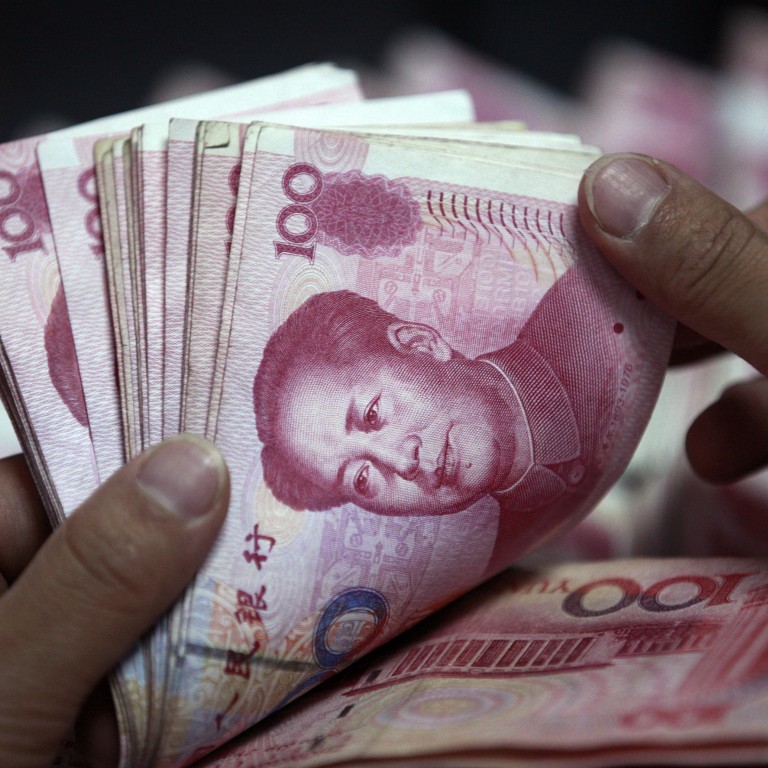
China cuts red tape for outbound direct investment
New State Council guidelines cut red tape for companies investing or raising funds abroad
Beijing's latest move to simplify foreign exchange rules, along with a raft of measures designed to help mainland firms raise funds in international markets, will spur more outbound investment and give a boost to its Silk Road strategy, experts say.
The State Council released guidelines on Wednesday aimed at reducing the red tape faced by mainland firms investing or raising funds abroad. They included the rescinding of registration for exchanging foreign currencies for overseas projects, dismantling geographical restrictions for companies and commercial banks seeking to issue yuan-denominated bonds abroad, and simplifying approvals for companies seeking overseas stock listings and acquisitions and for banks to set up branches abroad.
Companies that need foreign currency liquidity will be able to settle the exchange at banks without registering at government agencies first.
"This is the first time that the State Council issued policies specifically on capital controls involving outbound direct investments. It is a very meaningful and practical move," said Professor Ding Zhijie from the University of International Business and Economics in Beijing.
"Chinese companies … have been experiencing difficulties in shoring up foreign currency liquidity and raising funds for investments and operations abroad, which has become a bottleneck for China's outbound investment to grow further."
Mainland companies, for example, need approval from the China Securities Regulatory Commission before issuing shares on foreign stock markets.
The mainland recorded 551.8 billion yuan (HK$696.4 billion) in outbound investment by non-financial institutions in the first 11 months of this year, up 11.9 per cent from a year earlier. At the end of last year mainland firms ranked as the world's 11th-largest source of foreign direct investment.
"The State Council's call is in support of the Silk Road strategy," said Lu Zhengwei, chief economist at Shanghai-based Industrial Bank. "Even without such a strategy, simplifying administrative burdens and delegating more power to the market are already the trend. The strategy only pushes things forward more quickly."
The Ministry of Commerce amended outbound investment regulations in September to streamline approval procedures for mainland firms.
Both Ding and Lu expected implementation measures to be drafted and released next year.
"The central government needs at least a few flagship projects landing on the ground next year to demonstrate the Silk Road strategy is bearing fruit, therefore the top-down call [on ministerial-level departments] to loosen some curbs," Lu said.
The guidelines also pledged to diversify the use of China's foreign reserves.

